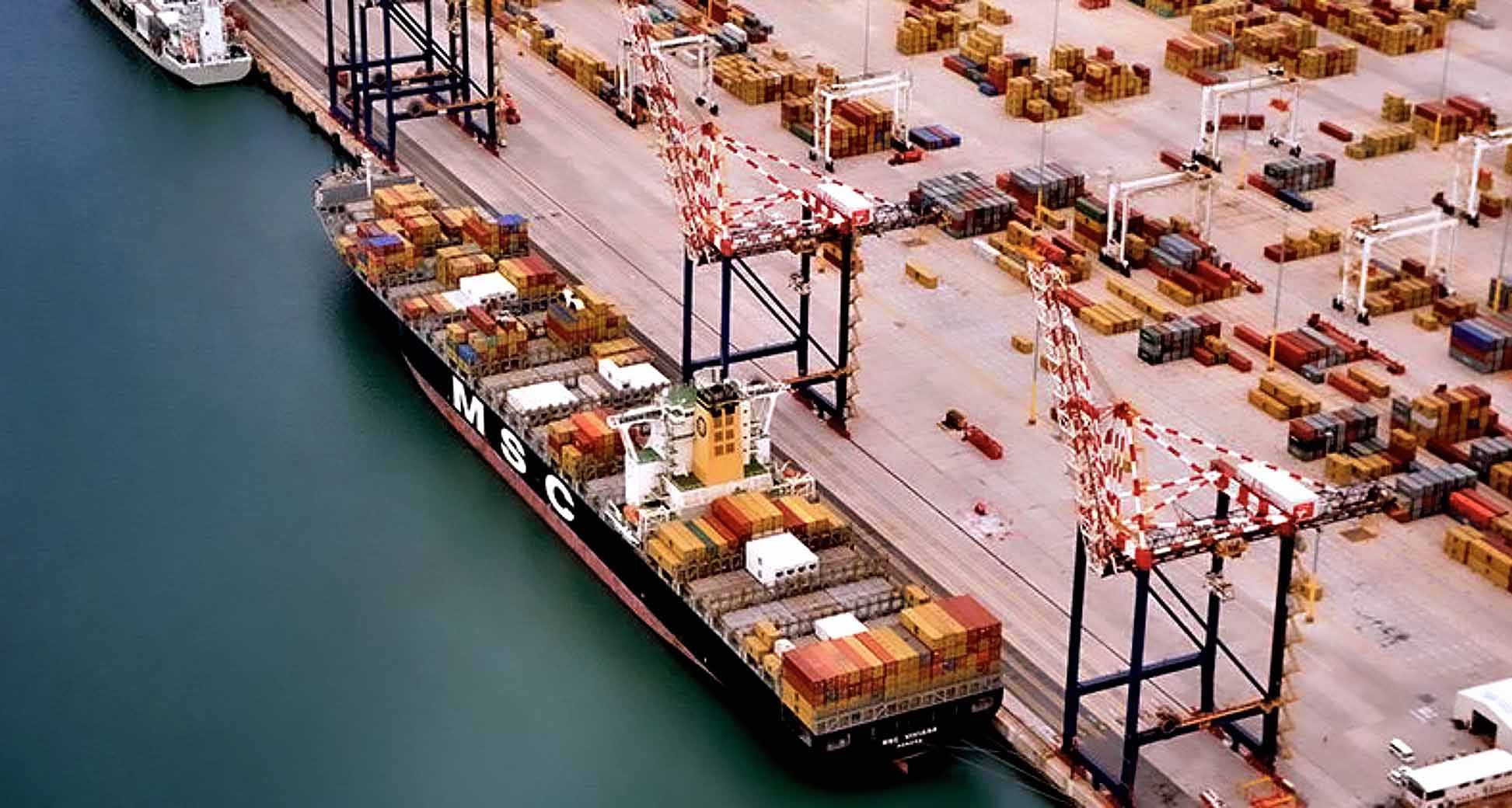By Tuesday evening, last-ditch efforts were still under way to prevent a nationwide strike at Transnet. At the same time, a software failure affecting the truck booking system slowed down access to the harbours.
The strike comes when automotive manufacturers and component manufacturers are already under extreme pressure due to US President Donald Trump’s tariffs. It also coincides with the citrus export season in the Eastern Cape.
Read more: Heavy blow — Trump tariffs to hit problem-riddled Eastern Cape hard
On Tuesday, Transnet confirmed in writing that it was still engaged in a “facilitated conciliation” through the Commission for Conciliation, Mediation and Arbitration (CCMA) to resolve the current wage dispute with the United National Transport Union (Untu). Untu is the biggest union within Transnet.
“Transnet welcomes the CCMA’s involvement in facilitating the conciliation and remains committed to engaging constructively in the process. We trust that the commissioners will assist to find a speedy resolution, so we can continue to focus on the recovery and growth of the business,” the statement said.
Untu has rejected an offer by the company of a 6% pay increase over the next two years and 5.5% in the third year. The union has instead demanded 10% in the first year alone. The smaller South African Transport and Allied Workers’ Union accepted the pay offer in March.
Transnet further indicated that it was taking “necessary precautions to minimise impact” of a possible strike should a work stoppage occur.
“Our immediate priority is to ensure business continuity and the safety of our employees and assets,” its statement said.
Untu’s Cobus van Vuuren said on Tuesday evening that the union was awaiting a proposal by the CCMA by 8pm, and it would then decide on how to proceed.
The CEO of the Sunday’s River Citrus Company, Hannes de Waal, said delays at the ports would land the company in trouble. It was currently exporting clementines that would not handle delays well.
“We hope that common sense will prevail,” he said.
Transnet further confirmed that trucks were being delayed at the Port of Ngqura due to a software problem with its booking system.
“The Ngqura Container Terminal is currently working at resolving a system error with its automated gates, resulting in the manual handling of trucks calling the terminal. To this end, truck turnaround time is 39 minutes against a set target of 35 minutes. The terminal continues to engage with transporters and industry. A notice will be issued once the matter is resolved and the gates are back online,” Transnet said.
The Citrus Growers’ Association of South Africa (CGA) has forecast a 3.6% increase in citrus volumes for the 2025 season. Eastern Cape farmers do not export citrus to the United States.
Citrus exports are handled mainly through the Durban and the Port of Ngqura container terminals.
In February, the CGA released a study showing that port inefficiencies during 2024 cost the industry R5.27-billion.
At the time, the country was awaiting the first budget speech by Finance Minister Enoch Godongwana. This speech will now take place on 20 May.
In a statement at that time, CGA DEO Boitshoko Ntshabele said they hoped the logistics crisis would be addressed by Godongwana.
“The huge cost makes it clear that large-scale public-private partnerships at ports across South Africa are urgently needed. While the findings of the impact assessment are deeply concerning, the CGA views this as an opportunity to collaborate with stakeholders and implement effective solutions,” Ntshabele said.
The study found that an estimated R1.1-billion was lost through wastage when citrus at the harbours was not handled correctly and timeously.
“Finally, quantifying the damage is an important step. In a certain sense, South Africa has gotten used to the destruction of value that has been happening on a greater or lesser scale over the last few years. It’s incredibly frustrating for the growers and their rural communities, who feel the impact directly,” Gerrit van der Merwe, chairperson of the CGA and a grower in Citrusdal, said at the time. DM
South Africa
Double jeopardy at NMB docks — looming strike and tech glitch disruptions
Nelson Mandela Bay’s two ports are under pressure this week from a double threat – looming strike action and a software problem that has already slowed down the booking system, ultimately delaying trucks.





